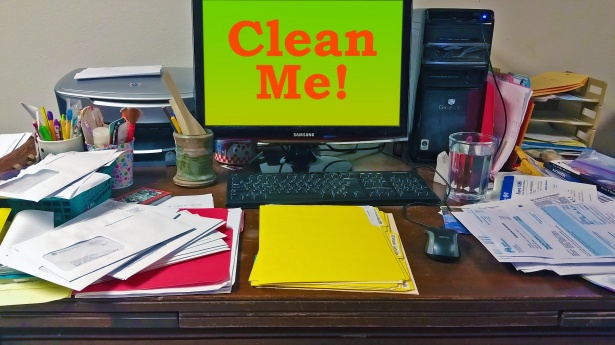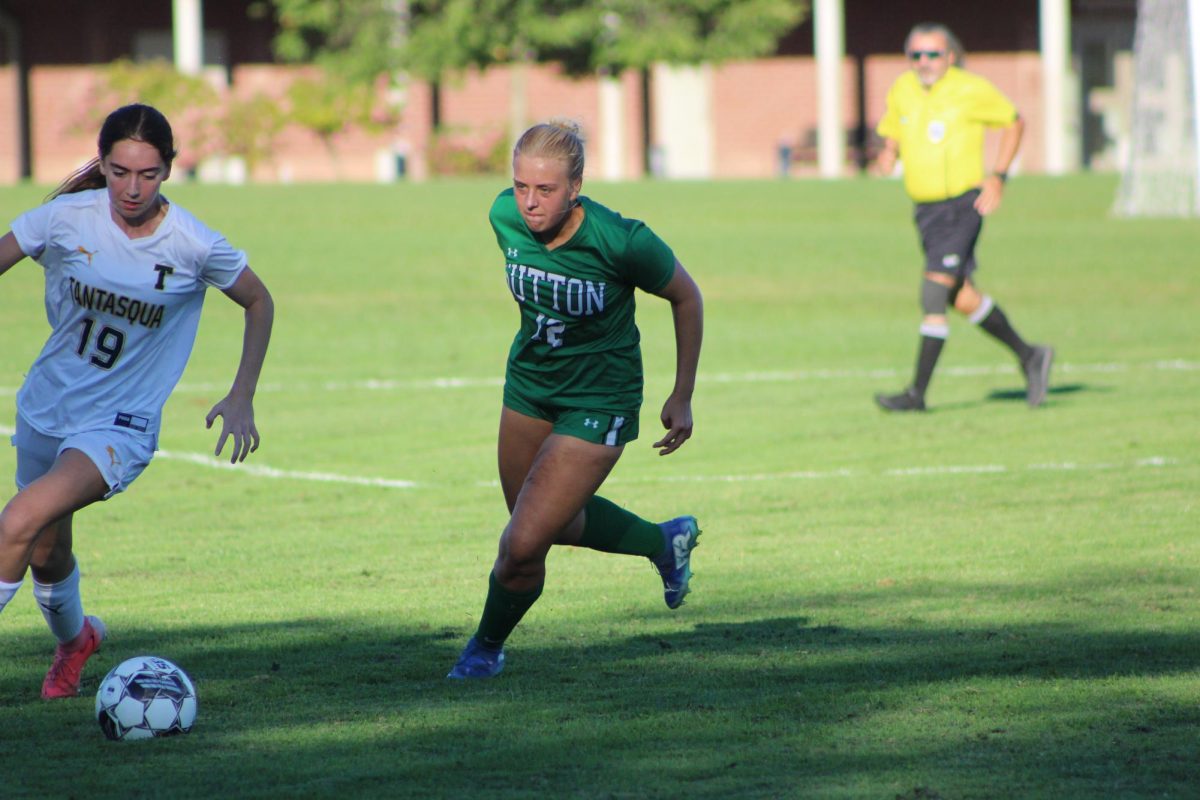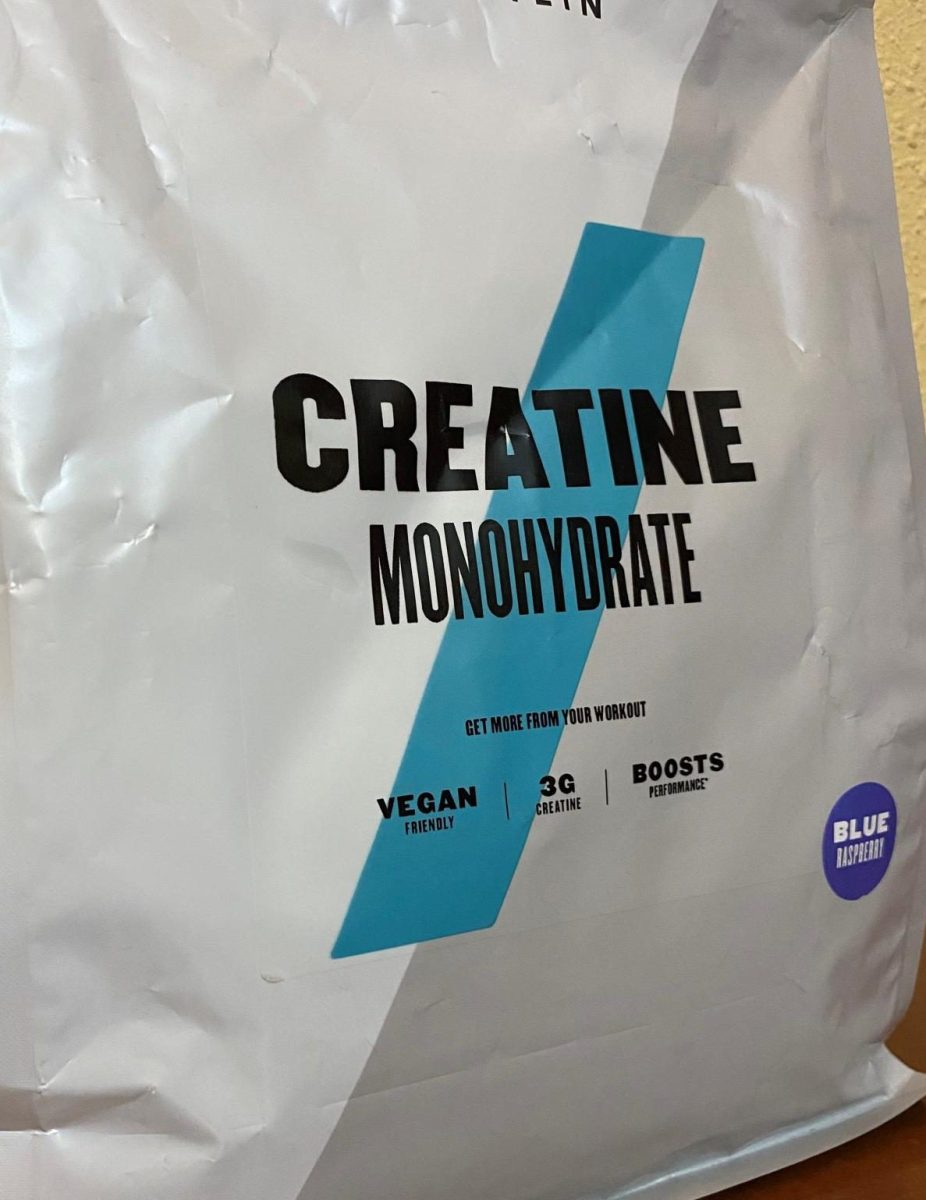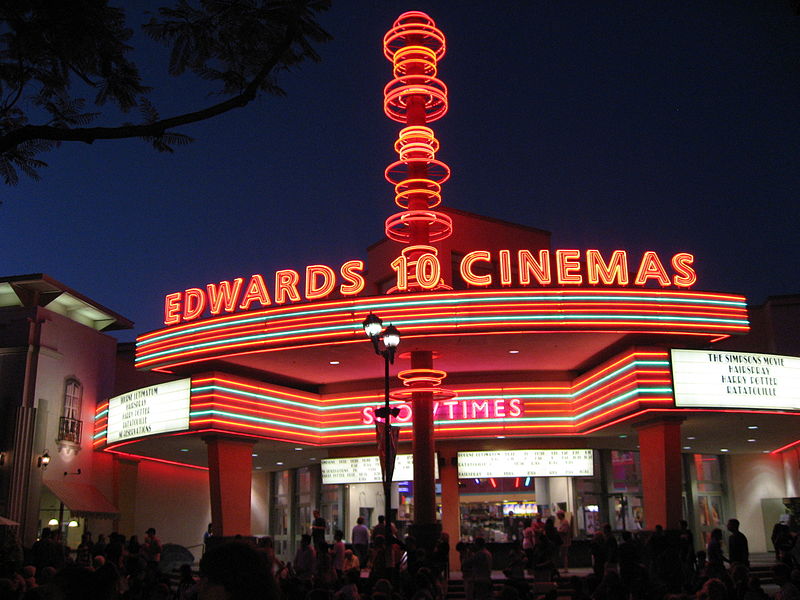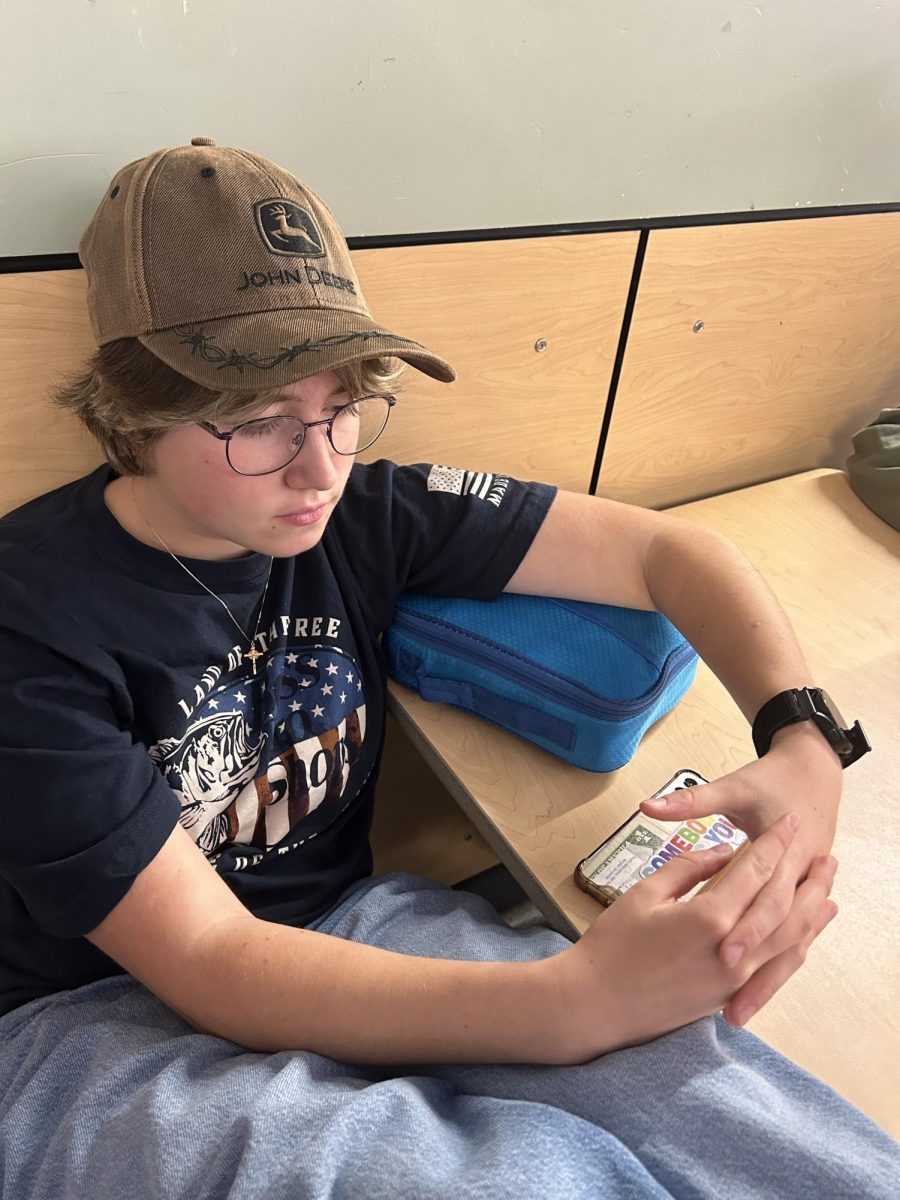Podcasts have become very popular these days. One specific genre of podcast, however, that has some controversy is true crime.
Many tend to like the mystery and feeling like they’re part of the case, like they are creating their own ideas and opinions.
Although it entertains and informs the audience, not everyone finds these podcasts entertaining.
According to The University of Nebraska , true crime podcasts also can be exploitative, sensationalistic and turn killers into celebrities. This can make victims and co-victims – friends and loved ones of victims – feel revictimized.
Many true crime podcasts are ethical, but there are many out there that share stories without consent.
For example, the podcast “Serial” by Sarah Koeing did a series on the case of Adnan Syed.
As Koeing told the story of Syed being accused of murdering Hae Min Lee, her family was not happy with Koeing due to the fact that they are still struggling with her death and don’t want others to bring attention to it.
But a big podcast like hers brings a lot of public attention.
The family also felt like the series was an inaccurate portrayal of real life events.
Not only has this occurred to one family but many others victims’ families.
Some might argue that podcasts like these can help bring justice and awareness to these crimes and cases. They can be a powerful tool to help solve cold cases, or unsolved cases due to the lack of evidence. There have been times where cold cases have been reopened due to a podcast sharing awareness of the case.
There are many different opinions about true crime podcasts and some may never agree or some might disagree.
But it’s important to be aware of how these stories are being told to our society. And to be aware of the potential consequences.
















